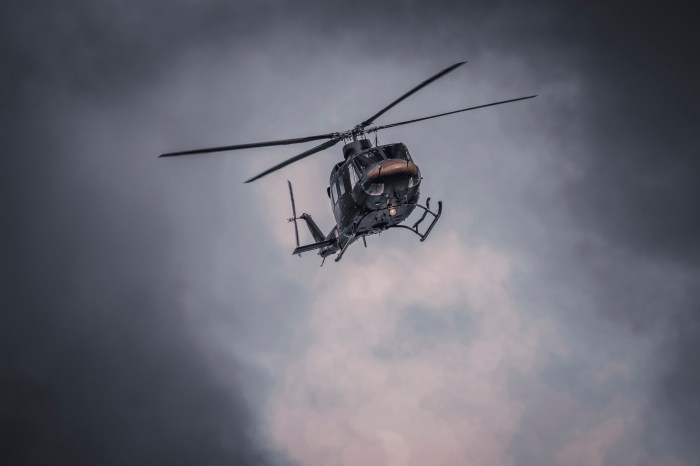
Sen. Charles Schumer, D-N.Y., has always been relentless in defending the middle class (or at least in presenting himself that way), but his latest cause doesn’t make much sense. Last week, Schumer called for a Justice Department investigation into why airlines aren’t lowering ticket prices in tandem with plunging fuel costs.
It’s true that the global airline industry has never been more profitable. According to the International Air Transport Association 1/8IATA 3/8, global profits will reach $19.9 billion this year, up from $11 billion in 2013. But it’s not clear why Schumer thinks high ticket prices are a case for the Attorney General. This is a situation any second-year MBA student ought to be able to explain. What’s going on isn’t price gouging — it’s sound business management, combined with a bit of luck.
In fact, the assumption that airlines are profiting wildly from lower oil prices is only partly true. To start, most airlines hedge their fuel purchases, and as a result they’re likely paying far more right now than the current market price for oil.
Of course, cheap oil doesn’t hurt: the IATA believes that airline profits will surge to $25 billion in 2015, largely on the strength of oil-related savings.
But even without the aid of cheap oil, the global airline industry was already on track for record profits in 2014. In June, the IATA projected that global net airline profits would hit $18 billion for 2014, up 70.91 percent on 2013. The drop in oil prices, though significant, pushed up that projection by a comparatively modest 10.56 percent — not insignificant, but hardly the only airline profit story for 2014.
So what else contributes to the surging profits that Schumer would like returned to passengers? The popular target of his and others’ ire is the notorious airline fuel surcharge.
But that’s another red herring. For U.S. carriers and their partners, surcharges typically apply only to international routes, and mostly exist as a means to extract some payment from frequent fliers who purchase tickets with miles and points. (Otherwise, it would be easy enough for the airlines to fold those fees into their overall fares.) The IATA’s account of the increased profits makes more sense. In June, it cited a number of contributing factors, including increased passenger demand, an improving global economy, and a consolidated industry.
That last factor — consolidation means less competition — is perhaps the most important and controversial. Even marginally reduced competition on key routes (such as in the United States) allows airlines to better match their planes to actual demand, thereby reducing the number of empty seats (and cargo compartments) that they fly. Indeed, U.S. Department of Transportation data shows that between 2003 and 2013, passenger load (a measurement of the percentage of seats that are occupied on planes) on U.S. carriers rose from 72.75 percent to 83.48 percent. That’s a big revenue bump.
Consolidation isn’t the only new profit driver, either. Starting in the late 2000s, U.S. airlines mastered the art of charging ancillary fees — that is to say, of nickel-and-diming their customers. For example, according to the US Department of Transportation, U.S. airlines collected $3.35 billion in baggage check fees in 2013, and an additional $2.55 billion in cancellation and changed reservation fees — revenues that accounted for much of their $9.6 billion in profits that year.
There’s a broader point, however, to keep in mind: It’s something of a miracle that the managers of airlines have figured out how to make profits at all. It wasn’t so long ago that airlines were among the most incompetently of managed businesses, stuck in endless iterations of boom-bust-bankruptcy and — when needed — governmentbailouts. The airlines’ newfound creativity, discipline, and business sense deserves cautious praise, not scorn. It’s true that airlines are now paying themselves and their shareholders. But for taxpayers, if not fliers, that should be a welcome change.
It’s also one that’s not guaranteed to last. As large as the airlines’ profits might appear to be, the actual profit margins behind them are relatively small. The projected $25 billion in airline profits in 2015 assumes a very modest 3.2 percent profit margin. (A healthy indie bookstore, by comparison, is one that runs a five percent margin). If oil prices rise unexpectedly, that margin — and those profits — will shrink. So it’s only reasonable that the airlines are holding onto their profits, paying down debt and — wisely — investing in fuel efficiency and other efficiencies likely to get them through the next oil surge.
Of course, Schumer has reason to be suspicious of their motives. In recent years, they’ve fought hard against making fares and surcharges transparent to consumers, and they are much too ready to play the victim at a time when their businesses are booming. But demanding that they give back the profits that have eluded them for so long overlooks how important it is that they’re finally making money again. Lower airfares would be nice, but if fliers really want a piece of the airlines’ current profits, they’d do better to buy their high-flying stocks instead.
Adam Minter is based in Asia, where he covers politics, culture, business and junk.

















